Cornell: The one question I hate getting about my home’s solar roof
sdg07-affordable-clean-energy
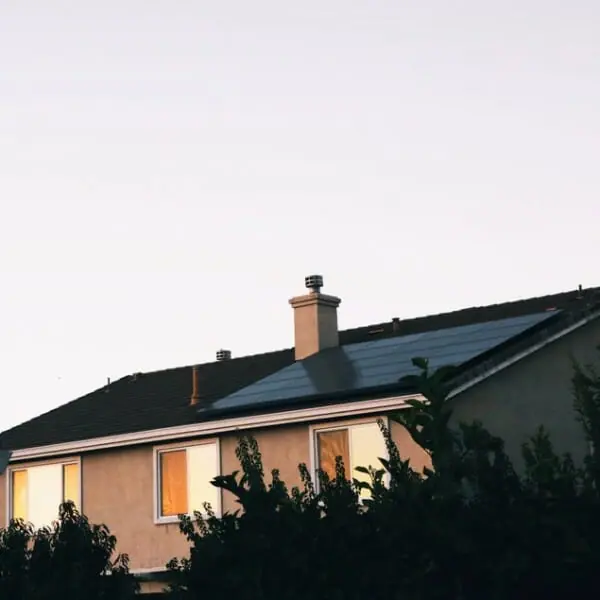
Cornell: The one question I hate getting about my home’s solar roof
The fact that it is possible to power an entire house and two cars with today’s technology seems to intrigue most people. It also inevitably leads to another question. The question that drives sustainability scientist Ryan Cornell a little bit crazy.
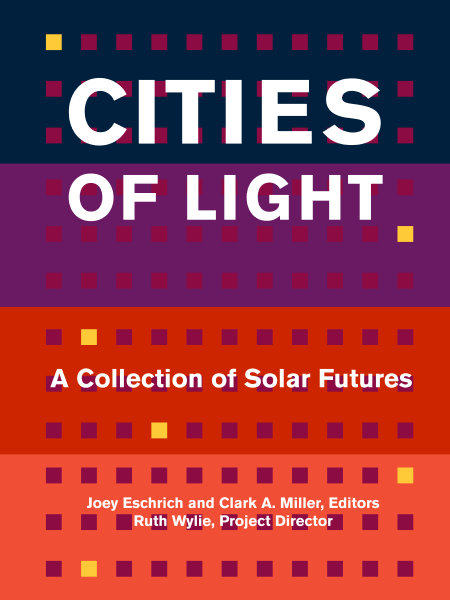
Cities of Light: A Collection of Solar Futures
A new book of science fiction, art, and essays from the Center for Science and the Imagination and Center for Energy & Society at Arizona State University explores how solar energy will transform the future of cities and the people who inhabit them. A webinar inspired by the book will be held Friday, April 2.
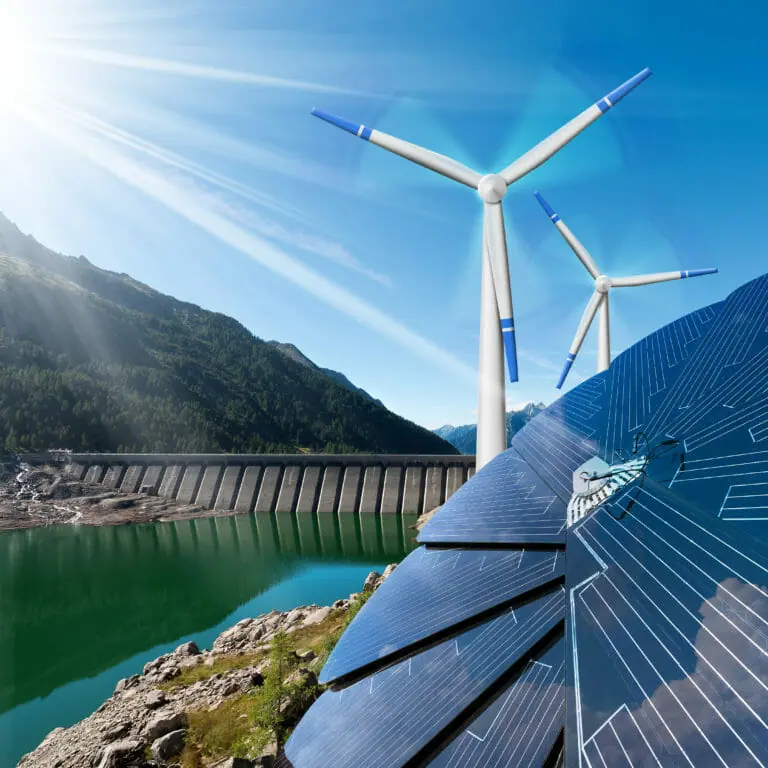
“COVID-19 has revealed some of the weaknesses in the energy system”: Gary Dirks talks energy transitions with International Policy Digest
In this exchange, Dirks shares ASU’s history in energy research and why this pandemic has shined a brighter light on the need to transition fuel sourcing and production away from fossils and to renewables.
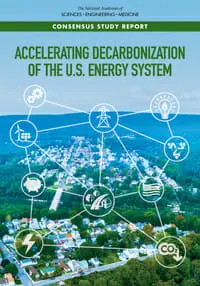
NASEM report charts path to net-zero carbon emissions by 2050
Sustainability scientist Clark Miller was a member of the committee that wrote the report, which recommended a portfolio of near-term policies to ensure equitable access to benefits generated as a result of this transition, mitigate harms to vulnerable populations, engage public participation in decision-making, and revitalize the U.S. manufacturing sector.
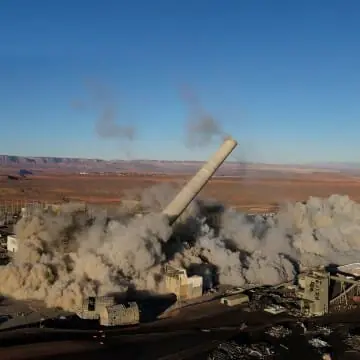
Video: Narrative has power in driving clean energy revolution
ASU and the American Resilience Project premiered a new film documenting the closing of the Navajo Generating Station, part of the “Current Revolution” series.
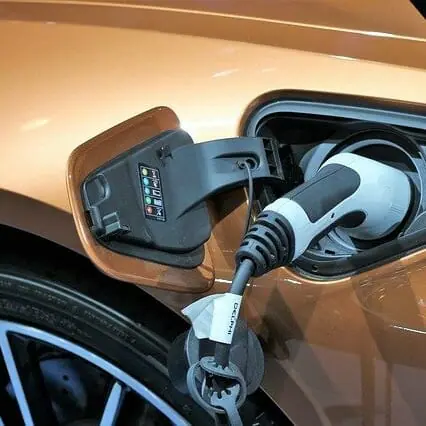
Dec 10: Virtual Seminar on Transportation Electrification
SRP and ASU faculty, staff and students are invited on Dec. 10, 2020, from 10 a.m. to 2:30 p.m. to participate in an informative seminar and discussion around enhancing sustainable transportation in Arizona. Registration is required.

Understanding Decarbonization, What’s in the toolbox? Offsets?
In 1992 the United Nations came together for its first-ever, “Earth Summit,” and began to acknowledge the requisite issue of climate change at a global level. Since then, sustainability has
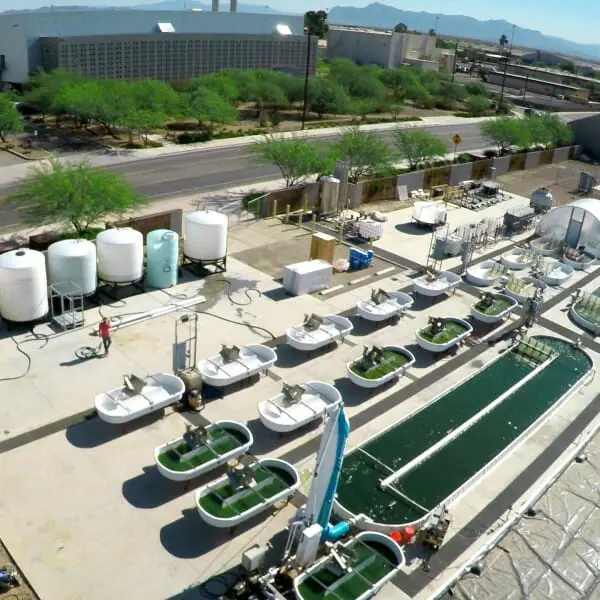
Algae engineering: A stepping stone to sustainable solutions
Among ways being explored to combine biology and engineering to remedy a range of growing global environmental problems, algae-based solutions look especially promising. Some of the research findings have been the result of efforts based at ASU.

Friday: 2nd annual SEEK national workshop
This year’s workshop will explore four themes: practical energy stewardship and the ethics of care, the science and ethics of direct climate intervention, pathways to solar: what you need to know, and cultivating community resilience during uncertain times.
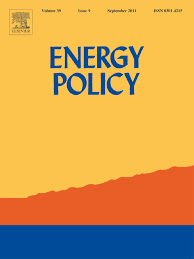
New paper: Global citizen views on climate and energy
As global environmental issues are increasingly coordinated through international negotiations, new methods are needed to engage citizens worldwide in the policy-making processes. Sustainability scientist Netra Chhetri and co-authors draw insight about citizens’ views on issues of climate and energy through quantitative analysis of the data from World Wide Views.
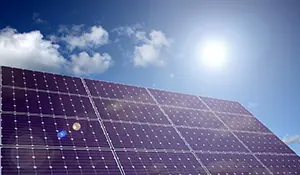
Clean Growth Incubator rollout event Oct. 14
The ASU Laboratory for Energy And Power Solutions (LEAPS) and several ASU faculty have been working with the Center for Strategic Policy Innovation for several months to develop ways to enhance renewable energy development opportunities in medium-size cities across the U.S.
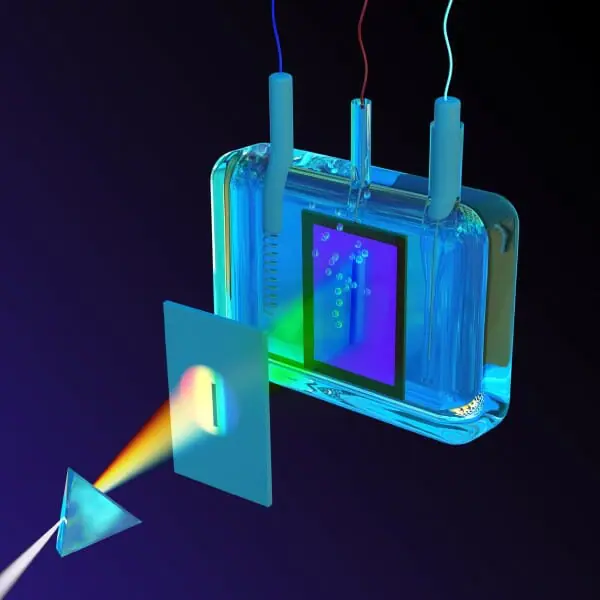
Study offers new insights for sun-gathering technologies
Inspired by the way plants and other photosynthetic organisms collect and use the sun’s radiant energy, researchers from Biodesign Center for Applied Structural Discovery and School of Molecular Sciences hope to develop technologies that harvest sunlight and store it as carbon-free or carbon-neutral fuels.

